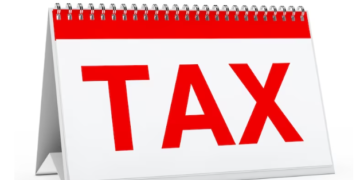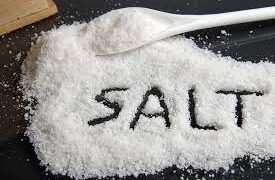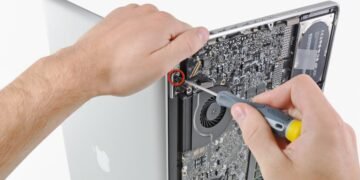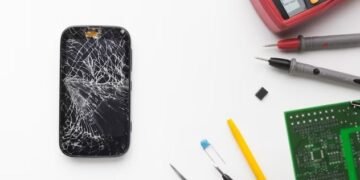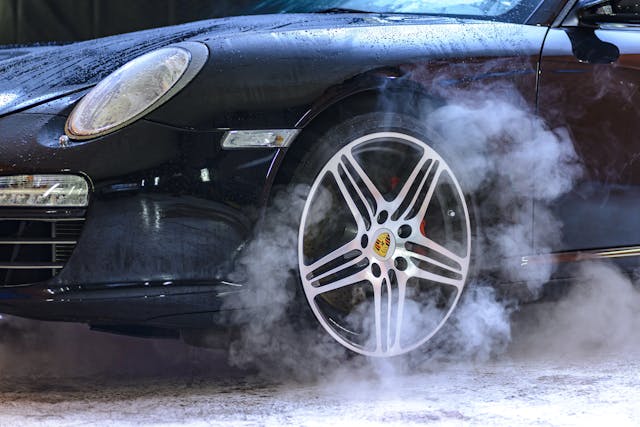Failing your car smoke check can be frustrating because it means that your car needs repairs that may be costly. But it doesn’t mean your car is beyond repair. In fact, with the right approach, you can often address the issue and get your car back on the road in no time.
Let’s talk about six tips to help you fix the issue after a failed car smoke check.
Check Your Fuel Cap
Believe it or not, a loose or damaged fuel cap is one of the most common reasons for a failed smoke check. A loose fuel cap can allow fuel vapours to escape from the fuel tank, increasing emissions and causing your car to fail the test.
Start by checking the condition of your fuel cap and ensuring that it’s properly tightened. If the cap is damaged or worn, consider replacing it with a new one to create a tight seal and prevent fuel vapor leakage.
Inspect the Air Filter
A dirty or clogged air filter can restrict airflow to the engine, causing incomplete combustion and increased emissions. Take a look at your car’s air filter and inspect it for dirt, debris, or damage. If the filter is dirty, clean or replace it according to your vehicle’s maintenance schedule.
A clean air filter will improve engine performance, reduce emissions, and increase the likelihood of passing the smoke check. Make sure to get your car checked by an expert smog inspection solana beach ca company so that they can identify the issue as well.
Check the PCV Valve
The Positive Crankcase Ventilation (PCV) valve plays a crucial role in controlling emissions by directing crankcase gasses back into the combustion chamber to be burned off. A malfunctioning PCV valve can cause excessive emissions and lead to a failed smoke check.
Locate the PCV valve in your car’s engine bay and inspect it for signs of damage or clogging. If the valve is faulty, replace it with a new one to restore proper emissions control.
Address Ignition System Issues
Problems with the ignition system, such as faulty spark plugs, ignition coils, or ignition timing, can contribute to increased emissions and cause your car to fail the smoke check. Inspect your car’s ignition system components and replace any worn or damaged parts as needed.
Additionally, consider performing a tune-up to ensure that your ignition system is operating at peak efficiency. Proper ignition system maintenance can help improve combustion and reduce emissions.
Check the Exhaust System
A leak or malfunction in the exhaust system can result in increased emissions and cause your car to fail the smoke check. Inspect your car’s exhaust system for signs of damage, such as rust, holes, or loose connections.
Pay particular attention to the exhaust manifold, catalytic converter, and exhaust pipes. If you detect any leaks or damage, have them repaired by a qualified mechanic to restore proper exhaust system function and reduce emissions.
Consider an Engine Cleaning Treatment
If your car consistently fails the smoke check despite addressing common issues, consider investing in an engine cleaning treatment. These treatments use special chemicals to clean carbon deposits and other buildup from the engine, improving combustion efficiency and reducing emissions.
Consult with a professional technician to check engine light and determine if an engine cleaning treatment is appropriate for your vehicle and schedule the service as needed.








